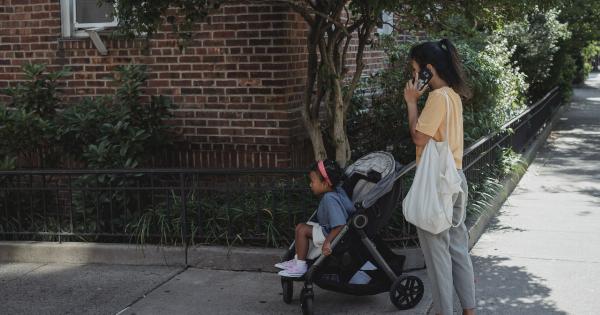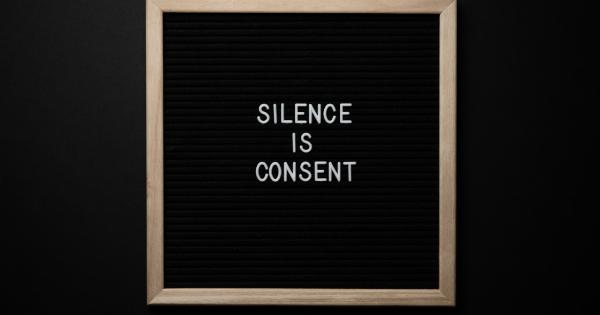Words have the power to build or destroy, to heal or harm. They can lift someone up or knock them down. And sometimes, certain words can crush a child’s spirit, leaving a lasting impact on their self-esteem and overall well-being.
In this article, we will explore the profound influence of words on a child’s emotional development and provide insights on how to choose our words wisely.
The lasting impact of hurtful words
Children are like sponges, absorbing everything that is said to them. Hurtful words can have a lasting impact on their self-image and self-worth.
When a child is constantly subjected to negative comments, criticism, or derogatory labels, their spirit can become crushed. They may start believing that they are not good enough, that they are unworthy of love and acceptance.
For instance, imagine a child who constantly hears from their parents that they are stupid or worthless. Such hurtful words can deeply affect their confidence and self-esteem.
They may start doubting their abilities and have difficulty believing in their own potential. This can hinder their personal and academic growth and impact their overall happiness and well-being.
The power of positive words
On the other hand, positive words have the power to uplift and inspire a child. Encouraging words can nurture their confidence and motivate them to pursue their dreams.
When a child is consistently praised and acknowledged for their efforts and accomplishments, their spirit soars. They develop a healthy sense of self-worth and believe in their own capabilities.
Positive words also create a nurturing environment for a child’s emotional well-being. When they hear phrases like “I believe in you” or “you are capable,” they feel supported and encouraged.
This can strengthen their resilience, enabling them to overcome challenges and setbacks with determination and a positive attitude.
The role of parents and caregivers
Parents and caregivers play a crucial role in shaping a child’s emotional well-being. Sometimes, unaware of the impact of their words, they may resort to negative or harsh language in the heat of the moment.
However, it is essential to be mindful of the words we use and their potential consequences.
Instead of lashing out with hurtful words, parents and caregivers can adopt positive communication strategies. By expressing their concerns, frustrations, and expectations in a calm and constructive manner, they can teach children valuable life skills.
Utilizing phrases like “I feel” or “could you please explain your actions” promotes open and honest dialogue and helps build trust between parents and children.
The significance of constructive feedback
In addition to positive reinforcement, constructive feedback plays a vital role in a child’s growth and development. When given in a gentle and supportive manner, feedback can help a child learn from their mistakes and improve their skills.
It is crucial to focus not on personal attacks or criticism but on specific behaviors or actions that can be modified or improved.
For example, instead of saying, “You’re always so lazy,” a more constructive approach would be, “I noticed you haven’t completed your homework.
Is there any way I can support you in getting it done?” This approach not only avoids damaging the child’s spirit but also encourages problem-solving and collaboration.
The power of apologies and forgiveness
Words can hurt deeply, and sometimes, we say things we later regret. It is important for parents, caregivers, and even children themselves to acknowledge the impact of their hurtful words and take responsibility for them.
Offering sincere apologies and seeking forgiveness can go a long way in repairing the damage caused.
By demonstrating their willingness to rectify mistakes and showing empathy towards the hurt they caused, adults can set an example for children on the value of empathy, compassion, and taking ownership of their words and actions.
This not only fosters healing but also teaches children about the importance of empathy and forgiveness in nurturing healthy relationships.
Building a supportive environment
In addition to individual actions, it is essential to create a supportive environment in which children can thrive. Teachers, schools, and communities all play a part in shaping a child’s emotional well-being.
Encouraging a positive and inclusive language culture and promoting empathy and respect can contribute to a nurturing environment where hurtful words are discouraged.
Schools can implement anti-bullying programs and enforce policies that emphasize kindness, empathy, and the importance of positive communication.
By providing resources and support for children who may have experienced the crushing impact of hurtful words, schools can contribute to their healing and growth.
The journey of healing
Healing from the impact of hurtful words is a journey that takes time and support. It is vital to create opportunities for children to express their feelings and experiences in a safe and non-judgmental space.
Encouraging them to talk about their emotions and offering reassurance can help them process their hurt and regain their confidence.
Therapeutic interventions such as counseling or support groups can also be invaluable in this healing journey.
Trained professionals can provide guidance and strategies to rebuild a child’s spirit and help them develop resilience and a positive self-image.
The power of our collective responsibility
As a society, we have a collective responsibility to protect and nurture the spirits of our children.
By promoting awareness about the impact of words and advocating for positive communication, we can create a world where children are empowered to reach their full potential.
Conclusion
The words we use have a profound impact on a child’s spirit. Hurtful words can crush their self-esteem and hinder their growth, while positive words can uplift, inspire, and nurture their confidence.
As parents, caregivers, teachers, and members of society, it is crucial to remember the power of our words and choose them wisely. By fostering a culture of empathy, respect, and positive communication, we can create an environment where children flourish and their spirits soar.






























